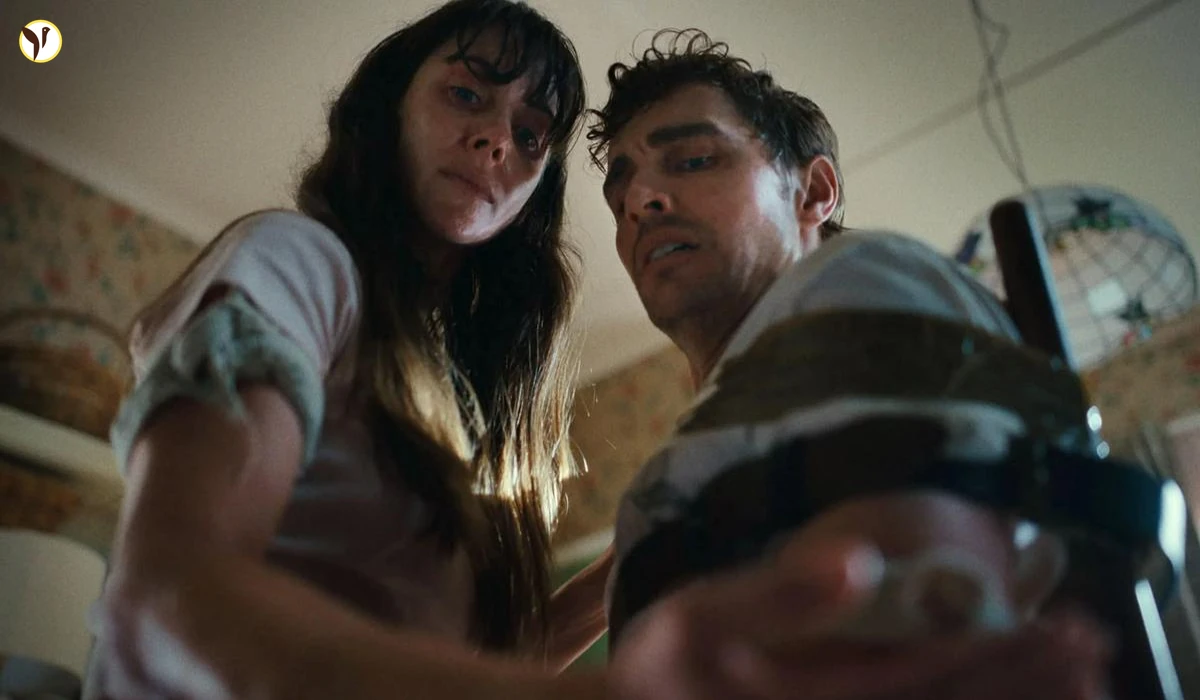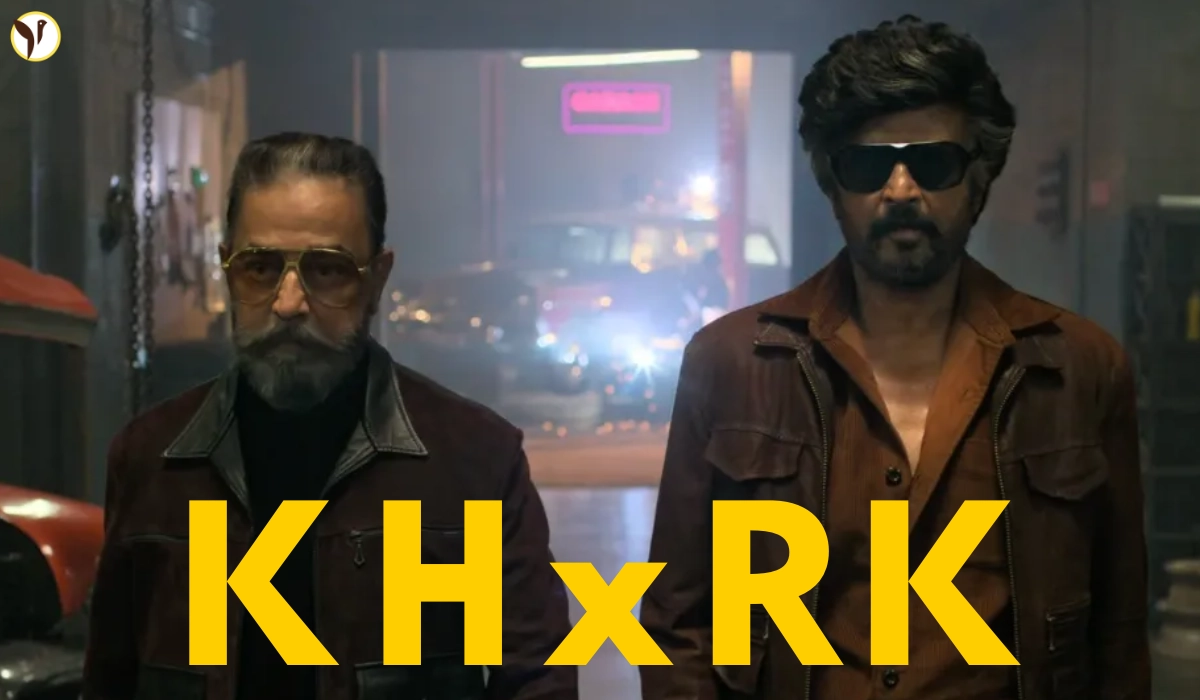Hollywood's Latest Drama: Franco and Brie Hit with "Together" Lawsuit
In a plot twist worthy of its own screenplay, Hollywood power couple Dave Franco and Alison Brie find themselves at the center of a legal storm. The duo, who recently celebrated their Sundance hit Together being acquired for distribution, now face serious allegations that their film isn't so original after all. An independent production company claims the movie is essentially a carbon copy of their 2023 release Better Half. This isn't your run-of-the-mill "similar concept" dispute—we're talking about accusations of outright creative theft.
A Tale of Two Films (That Sound Suspiciously Alike)
According to the lawsuit filed by StudioFest, the timeline reads like a Hollywood thriller. Back in 2020, they pitched Better Half to Franco and Brie's representation at WME. Their concept? A rom-com where a one-night stand results in a couple waking up physically fused together. Franco and Brie reportedly passed on the opportunity. Fast forward to Sundance 2024, and suddenly there's Together—a film with a premise that StudioFest claims is eerily familiar.
The similarities are downright uncanny. Both films feature couples literally joined at the hip, exploring themes of codependency and connection. But what really raised eyebrows were the specific creative elements that appear in both projects. We're talking about nearly identical quotes from Plato's Symposium (not exactly standard rom-com fare) and both films even feature the Spice Girls' Spiceworld album at their conclusion. Coincidence? StudioFest certainly doesn't think so.
When Better Half producers caught Together at Sundance, they were reportedly shocked—like watching their own film with different actors. The lawsuit names a roster of heavyweight defendants: Franco, Brie, their agency WME, Together's writer-director Michael Shanks, and distributor Neon.
WME isn't taking this lying down. They've dismissed the lawsuit as "frivolous and without merit" and promised to defend against the allegations vigorously. Meanwhile, the Sydney Film Festival has confirmed that Together will premiere as scheduled, lawsuit be damned.
More Than Just Hollywood Gossip
This isn't just juicy film industry drama—there's serious money involved. Together reportedly sold for a cool $17 million at Sundance, making this potentially one of the costlier copyright disputes in recent indie film history. Ever wonder what happens when a distribution deal worth millions collides with copyright allegations? We might be about to find out.
The case touches on questions that have long haunted Hollywood's creative community. How similar can two films be before crossing the line into infringement? What responsibility do agents have when shopping around similar concepts? And in an industry where "there are no new ideas," where exactly is the boundary between inspiration and imitation?
For indie filmmakers watching from the sidelines, this case feels particularly significant. Many have experienced the gut-punch of seeing larger studios or more established talents produce something remarkably similar to their own passion projects. Could this case finally establish clearer boundaries?
What's Next in This Real-Life Drama?
The legal proceedings are just beginning, but you can bet industry insiders are already poring over both scripts like detectives at a crime scene. In the coming months, we'll likely see extensive analysis of any communications between the parties, timelines of script development, and frame-by-frame comparisons of both films.
For movie fans, the situation creates an awkward viewing experience. Together is still scheduled for release on August 1st, meaning audiences can judge the similarities for themselves. Would you feel strange watching a film knowing it might be at the center of a plagiarism dispute? It adds a meta layer to the viewing experience that no marketing team could have planned.
Whether this ends in settlement, dismissal, or a full-blown court battle, the case reminds us that in Hollywood, the behind-the-scenes drama can be just as compelling as what makes it to the screen. And for Franco and Brie, who've built reputations as indie darlings, the outcome could impact far more than just their bank accounts—it could affect how the industry views their creative integrity for years to come.









